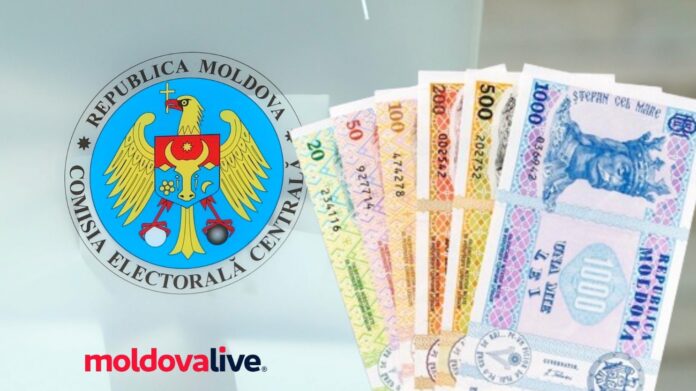The Central Electoral Commission (CEC) has identified several political parties suspected of participating in a broad scheme of illegal campaign financing during the October 20, 2024, presidential elections and referendum. Authorities believe that the scheme was coordinated from abroad and involved the Political Party Force of Alternative and Salvation of Moldova, the Political Party Victory, the Political Party Chance, and the Political Party Renaissance.
According to CEC reports, these parties allegedly acted in concert under the unofficial “Victory” bloc, led by fugitive oligarch Ilan Shor.
Between July 1 and October 31, 2024, the CEC found that the parties organized numerous political and social events across more than 30 districts. These activities included secret meetings with voters, public protests, marches, and entertainment events. Organizers reportedly distributed money and goods for electoral purposes, all while failing to comply with legal requirements on transparency and spending limits.
FOR THE MOST IMPORTANT NEWS, FOLLOW US ON TWITTER!
The report also reveals that many events were held in rented spaces—such as restaurants and cultural centers—without formal contracts. Additionally, organizers used professional event equipment, including stages, sound systems, and playground installations, without providing any supporting financial documentation.
Investigators further noted the mass distribution of electoral materials that lacked the legally mandated identification of their authors or financiers, violating Moldova’s electoral legislation.
The CEC also uncovered financial irregularities in the campaign of independent candidate Victoria Furtuna. Her team allegedly used at least 229,000 lei in undeclared funds to create a campaign website, produce video spots, and pay for promotional expenses, not reflected in the official financial reports submitted to the electoral authority.
In light of these findings, the CEC plans to notify criminal investigation bodies and the Ministry of Justice. The Commission has recommended that authorities examine the possibility of restricting the activities—or even dissolving—the political parties involved.


